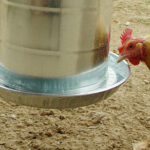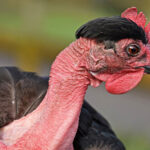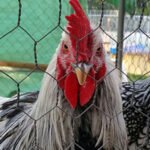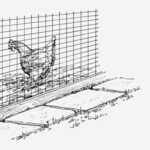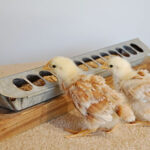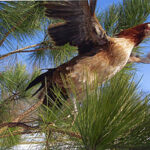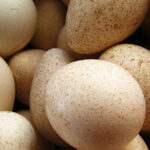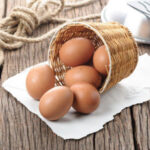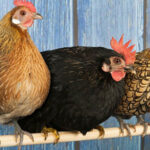
Are you on the fence about whether or not to include a rooster in your flock? Here are 5 reasons to keep a rooster. And, just to confuse you, 5 reasons not to keep a rooster. Reasons to Keep a Rooster Baby Chicks One of the main reasons to keep a rooster is to get […]
Continue Reading
